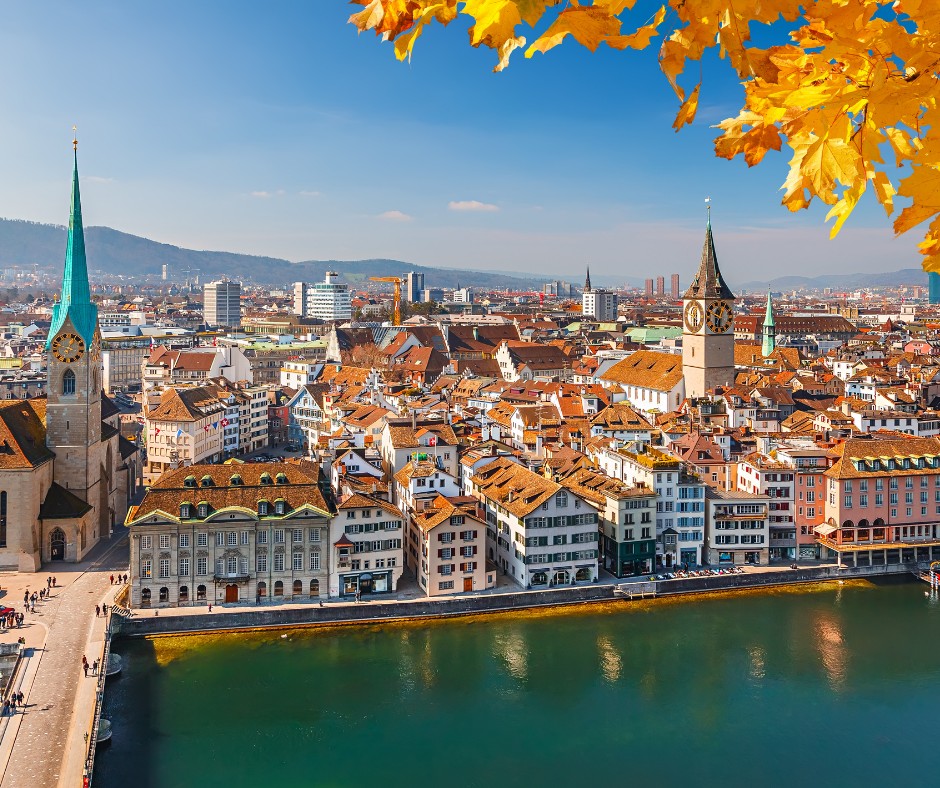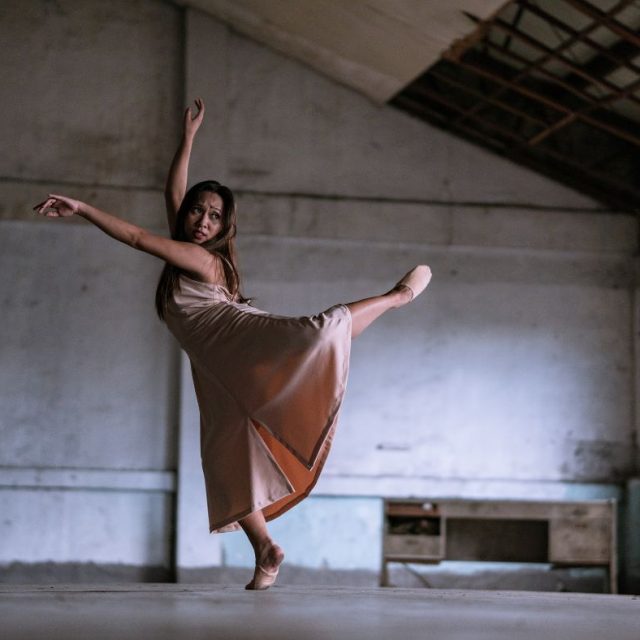Inclusive Society: Zürich’s Cultural Initiatives for Positive Change
The city of Zürich is a global centre for banking and finance, and lies at the north end of Lake Zürich in northern Switzerland

Cultural Heritage
Zürich’s rich history traces back to the Romans, and it flourished during the medieval period, playing a pivotal role in the European Reformation. The city’s Altstadt showcases exquisite craftsmanship and design in its guild buildings. Today, Zürich is renowned for having one of the world’s highest standards of living. It embraces its ultramodern side, combining heritage, science, and culture. Zürich West, once an industrial area, now hosts numerous nightclubs and contemporary art venues. Zürich is not only where Hugo Ball initiated Dadaism in 1916 but also where its techno scene earned a spot on the UNESCO Intangible Cultural Heritage List a century later.
Zürich boasts established cultural institutions, including renowned museums like Kunsthaus Zürich, chamber and symphony orchestras such as Tonhalle Zürich, and significant theatres like Schauspielhaus Zürich, Theater Neumarkt, and Gessnerallee. However, over the past 25 years, the cultural landscape has expanded to include independent centres and avant-garde spaces. The city also hosts international events like the Zürich Film Festival and the Zürich Theatre Spektakel, a contemporary theatre and performing arts festival. Recent events, such as 100 Years of Dadaism, Manifesta’s 11th edition, and the European Biennial of Contemporary Art, underscore Zürich’s commitment to cultural experimentation.
Embracing Change
While Zürich’s population is relatively small at 435,000, it’s growing, becoming younger and more diverse. People from 170 countries now call Zürich home, and by 2040, the city is projected to grow by over 15%, with a significant portion being young residents aged ten to 19.
However, this growth brings challenges, including pressure on urban space, which affects cultural organisations seeking affordable production and performance venues. There’s also a need to ensure that the city’s diversity is reflected at a structural level, with few cultural institutions being truly barrier-free. The social and economic impacts of the Covid-19 pandemic have compounded these existing challenges, highlighting the financial vulnerabilities of freelancers in the cultural sector.

The Policymaker’s Role
The Cultural Affairs Office, responsible for the city’s cultural policy and funding, recognises the need for ongoing care and attention to maintain a high-quality cultural landscape. Their plan for 2023 focuses on adapting support to keep pace with change. Through the “Kultur Labor Zürich” project, they are reevaluating their funding strategies, exploring new forms and formats for funding artists, particularly those from diverse and migrant backgrounds, as well as art forms driven by technology. Additionally, two years of bridging funding for cultural freelancers aims to retain talent in the sector post-pandemic. A major overhaul of funding for theatre and dance encourages closer collaboration between institutions and independent artists while providing greater security for the freelance workforce.
The Future
Zürich is not immune to global forces, such as calls for social justice from movements like Black Lives Matter and MeToo, the lasting impacts of the pandemic, and the challenges posed by the climate crisis. These issues also manifest in public debates about the city’s historic monuments, questioning alignment with an inclusive society and considering their removal or the installation of new monuments. Zürich recognises the importance of ensuring its cultural offerings remain relevant to address these issues. Successful cultural engagement fosters understanding among people and contributes to the evolution of a civil society that embraces positive change.
As an innovative and increasingly youthful city, Zürich has a tradition of embracing the future, positioning it well to respond to the challenges of the coming decades.
Images courtesy © Getty Images/Canva; City of Vienna




